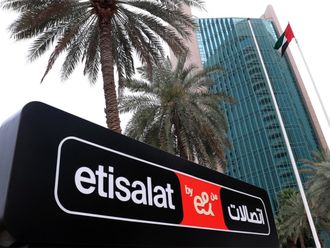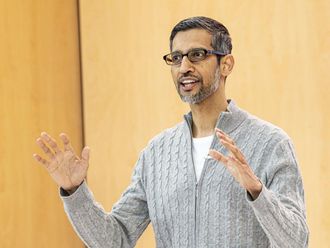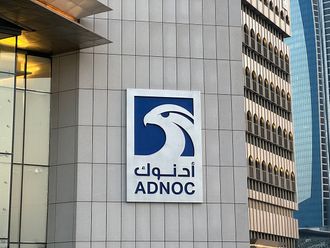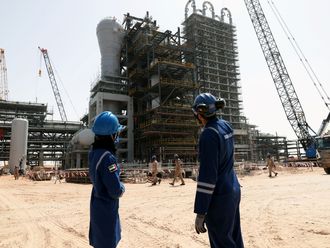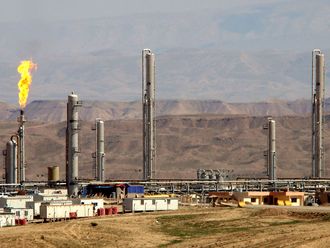Dubai: Governments should fix the investment environment and create a level playing field to attract foreign direct investment and go beyond the over-rated ‘one-stop-shop agenda’, officials at the Annual Investment Meeting said on Tuesday.
“You cannot attract investors if you still have inefficiencies, corruption — it would be very difficult for them to operate,” said Khaled Mohammad Al Aboodi, chief executive officer and general manager of the Islamic Corporation for the Development of the Private Sector (ICD) in Saudi Arabia.
Al Aboodi said governments should endeavour to fix their legal system to ensure the timely resolution of disputes. Failure to do this could lead to expensive international arbitration, he added.
“The number one issue for most investors is dispute settlement. This makes it difficult for companies to operate,” Al Aboodi said.
Just getting companies into the country is not enough, according to Ravi Ramamurti, Professor of International Business and Strategy at D’more-McKim. Ramamurti said conditions should be conducive to making money and repatriating profits, which should add to the ease of doing business.
Over-rated concept
“[The] One-stop-shop [concept] is a bit over-rated. It’s the total experience of the investors,” Ramamurti said. “People watch and say if someone is doing better in that country, I should go and do business there.”
The domestic policy environment should ideally create a conducive climate for businesses and investors alike, he said.
The deregulation of the local economy and a more competitive corporate environment could act as the building blocks for a solid foundation sure to appeal to foreign players, who generally tend to stay on the sidelines until the environment becomes conducive, experts said.
“Companies don’t go because of the incentives that the countries offer. They consider it as an additional benefit,” Ramamurti said. “They go to the country because of an attractive environment.”
Governments were called on to aim for a stable and transparent policy environment in addition to a focus on the types of business activity they want to be a part of in the global value chain.
“Governments should also promote outward investments and let them face foreign competition,” said Rupert Horace Simeon, chief executive officer of the Seychelles Investment Board.
Competitive advantage
These conditions have created a special niche for both emerging and developed market multinational companies, experts said.
Companies in emerging markets have achieved a competitive advantage by creating products at ultra-low costs, while developed market multinationals have carved out a niche for themselves in form of cutting edge technology.
“The emerging market multinationals want to move up the ladder and create higher-margin products and high technology products, while multinational companies in advanced countries [are trying] to learn how to create cutting edge technology at low costs,” Ramamurti said.


